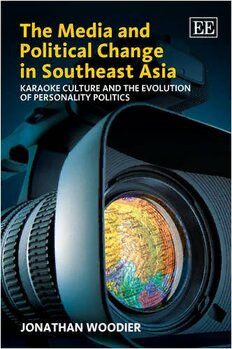
The Media and Political Change in Southeast Asia: Karaoke Culture and the Evolution of Personality Politics PDF
377 Pages·2009·6.578 MB·English
Most books are stored in the elastic cloud where traffic is expensive. For this reason, we have a limit on daily download.
Preview The Media and Political Change in Southeast Asia: Karaoke Culture and the Evolution of Personality Politics
Description:
Jonathan Woodier's latest work considers what impact the media has upon the democratization process in Southeast Asia. Has the media had a liberalizing effect or become subject to elite control in Southeast Asia and, if so, why? What role does the global media play in this process, particularly given its conglomerization and commoditization? By examining the communications media and its relationship to political change in Southeast Asia, this fascinating study will endeavour to provide both a regional comparative analysis and a more balanced interpretation of the mass communication media in the wake of 9/11.The book also investigates the durability of authoritarian regimes and the enduring capacity of the media-controlled state alongside the growing sophistication of political communications - particularly the use of PR consultants. The author provides an insider's view with unique insights into the practice of political communication and its development throughout the strategically important region of Southeast Asia with its large Moslem states as well as much further afield to countries such as China and post-industrial Europe. As such the book will be warmly welcomed by academics of politics, international relations, media, communications and PR. It will also appeal to researchers interested in political change, the rise of the global media giants and the influence of authoritarian states such as China.
See more
The list of books you might like
Most books are stored in the elastic cloud where traffic is expensive. For this reason, we have a limit on daily download.
